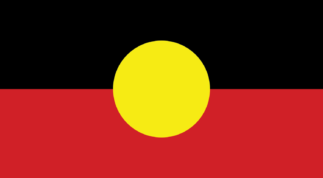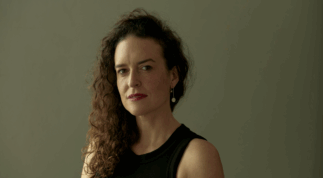To the women who carry the pain of violence — you deserve the world. To the women who make the journey out to prison and sit in visiting rooms, so that our people could know that they are loved, thank you. To the women in prison for the crime of being poor, in pain, and simply being Blak, I will continue fight for your freedom. To the Blak women who carry their community, their kinship, their truth and their love: your strength and teachings live on in our warrior veins.
Whilst IWD for some may be a day of celebrating and recognising women, which I will also honour, I cannot turn my head from the reality of what this day and every other day of the year means for my people and me. First Nations women encounter multiple and intersecting forms of discrimination and violence based on both race and gender. My family and community have felt this… so, I ask you reader: how do you honour First Nations women? The women whose Blak bodies, lands and waters are being harmed at the hands of white supremacy?
Our matriarchs are everything, and we owe it to them, on this day and every other day in the year to acknowledge their strength and survival.
As a survivor of the Out Of Home Care system, I remember the foundation of my mother’s childhood rearing. I remember her teaching me love, truth, stories, reminding me that I must get an education and get out of housing, break the cycle of poverty and do better. I also remember her telling me to look out for my big brothers…. once again, it’s our women holding down the fort.
Even though I was armed with the crucial teachings my mother gave me, fundamental to my development, still, from the moment I was born she was watched and monitored by the Department of Communities and Justice (previously known as DOCS). From then on, our family was scrutinised by DOCS, until I was 10 and half years old when they picked a night to remove me from my parents and community. This action set me, my parents and community adrift into a place of non-belonging and non-love.
This IWD, I call on all those who are serious about protecting Black lives, to take a stand, to stand in solidarity against the destruction of our lands, the removal of our children, and the racially charged vilification of our women, languishing in prison right now. I ask that you educate yourself on the intersectional struggle of what it means to be Blak in this country.
UN Women’s global theme for International Women’s Day this year is Women in Leadership: Achieving an equal future in a COVID-19 world. Leaving the pandemic to one side, the truth is destruction and harm has been an everyday reality for my people since invasion. This is our world. To this day, Australia still deeply struggles with the uncomfortable truth of slavery and torture, and has not fully accepted responsibility for its acts of genocide, the continued practice of child removal, land and resource theft, and the murder of my people.
So today, and every day, think of the women who have had their children removed, the women who seek help only to being further marginalised, the women who are incarcerated, and all the women who carry our kinship and love. I will never be free, until they are truly honoured and free.
Liberation is only real when it is collective. In other words, I am not liberated, until my ancestors and children before me are recognised and acknowledged; and that requires truth telling, a deep shift in power, and deep, gut wrenching change. The change required is so much more than a date, more than a gesture, more than mere symbolism. The change required threatens your intergenerational wealth, privatised practices and requires a deep action of love — because real love is justice, and it doesn’t have to be “just us”.
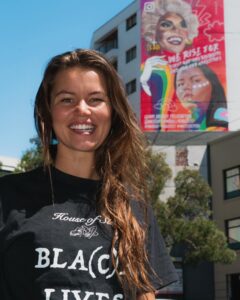 Vanessa Turnbull-Roberts is a proud Bundjalung woman. Vanessa is a storyteller who loves a yarn alongside being a writer, activist and is currently on her final stages to completing a Law and Social work degree at the University Of New South Wales. Vanessa took out the 2019 Australia’s young person’s human rights medal with an acceptance speech that went viral sharing the importance of abolishing the current system of criminal justice and statutory Out of Home Care (OOHC) demanding justice for children and young people. She has represented Australia at international and national levels.
Vanessa Turnbull-Roberts is a proud Bundjalung woman. Vanessa is a storyteller who loves a yarn alongside being a writer, activist and is currently on her final stages to completing a Law and Social work degree at the University Of New South Wales. Vanessa took out the 2019 Australia’s young person’s human rights medal with an acceptance speech that went viral sharing the importance of abolishing the current system of criminal justice and statutory Out of Home Care (OOHC) demanding justice for children and young people. She has represented Australia at international and national levels.
Vanessa has a lifetime commitment to addressing the over-representation of Aboriginal children in custody and OOHC. Vanessa is proud to be a part of the resilience, the love, the kinship and truth that stems from the roots of being First Nations, and will continue to demand justice for the lives, bodies and lands through political discourse, writing and utilising the law as a mechanism to contribute to justice.
Vanessa’s commitment to studying Law stems from the disproportionate impact of the law in her own community, which over policing and racism was and is highly present. Vanessa was forcibly stolen from her community and family at the age of 10.5 due to falsified allegations of neglect and the role racism played at both an institutional and direct practice level. Vanessa’s commitment to healing children and amplifying their voices through her writing, the legal system, storytelling and advocacy remains at the frontline of all her work.
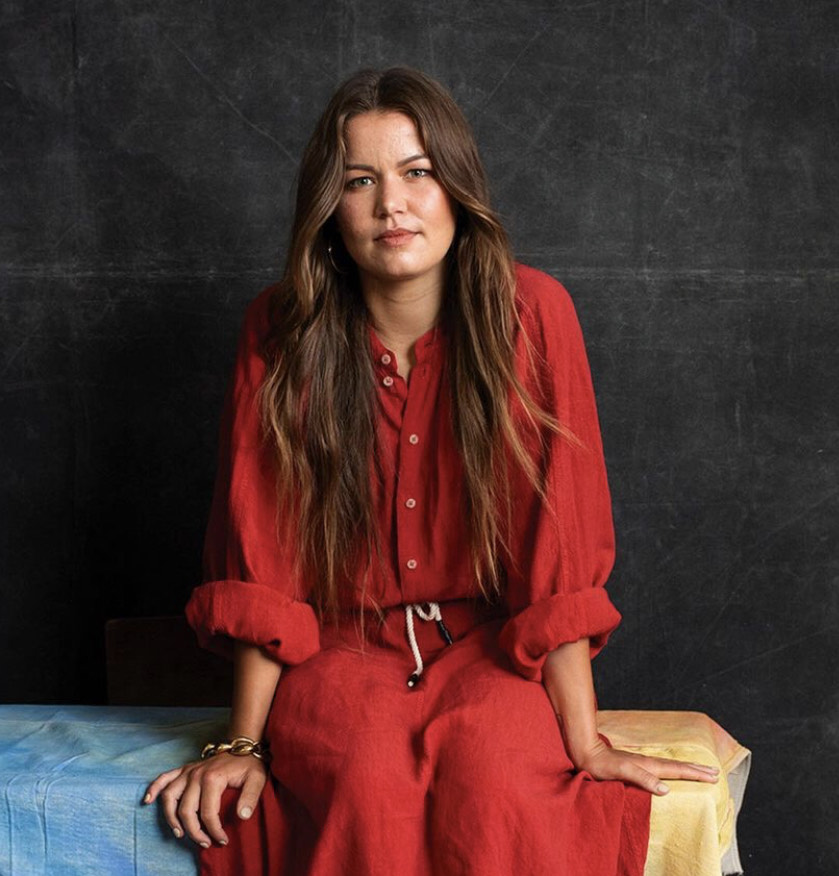
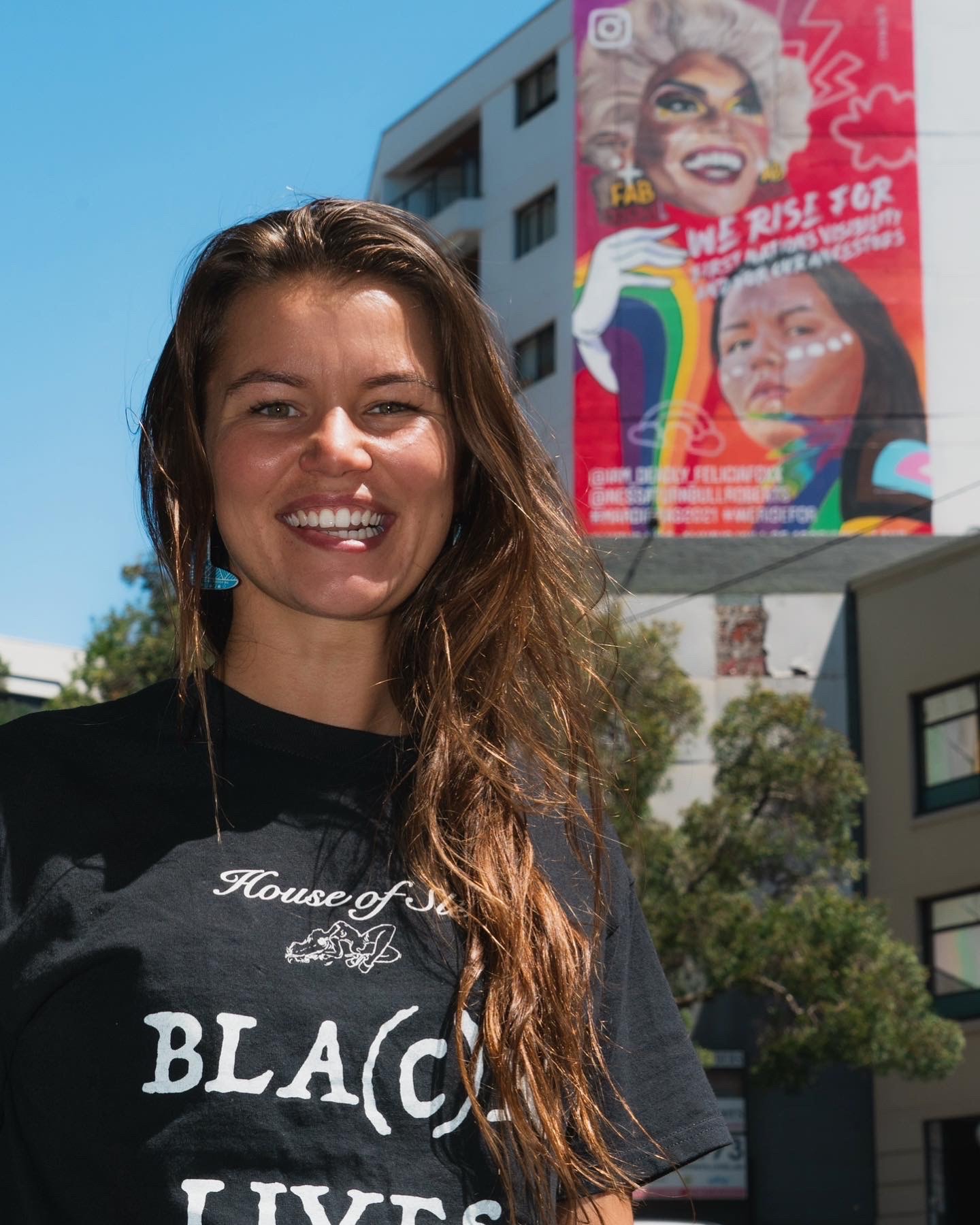
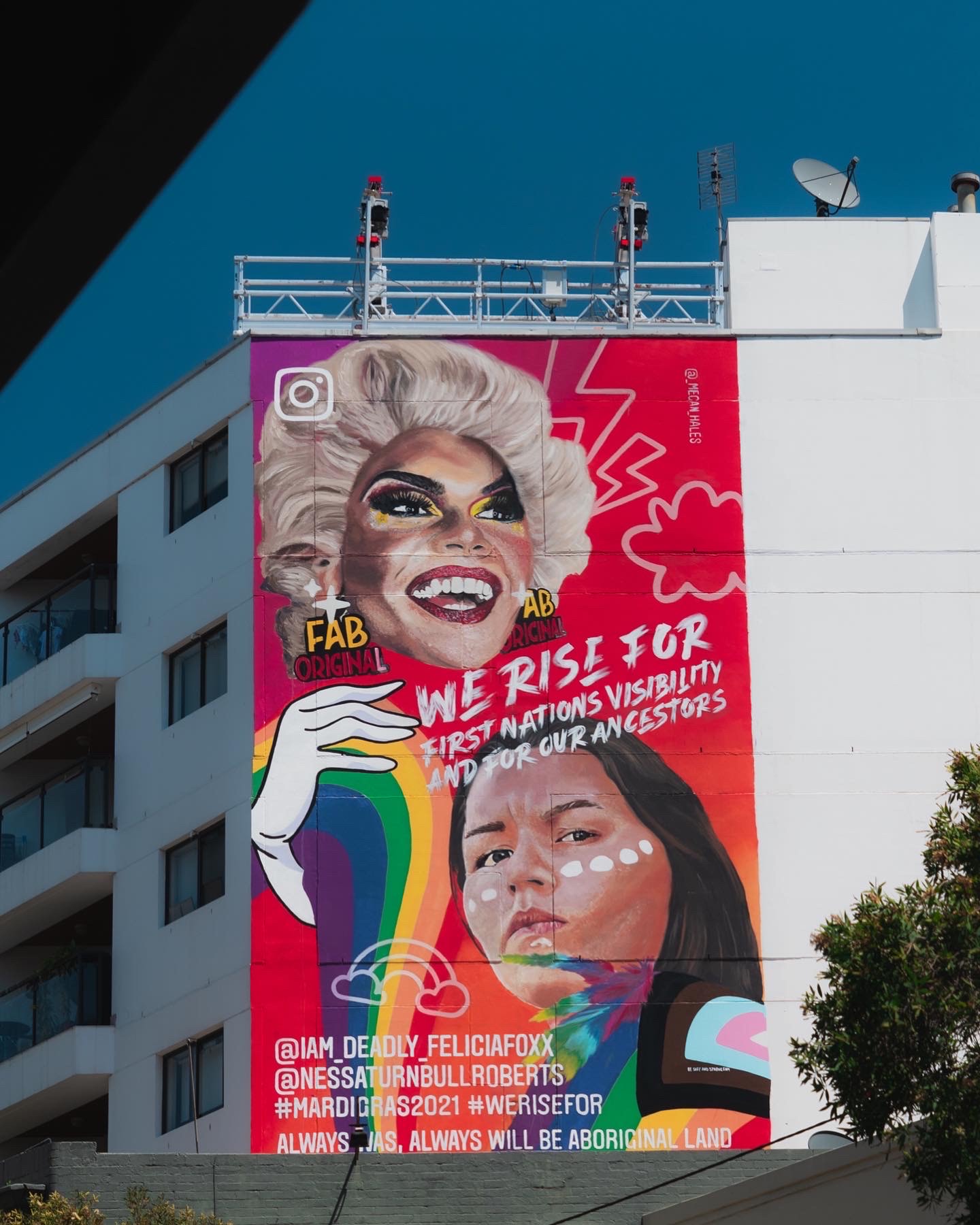
 Vanessa Turnbull-Roberts is a proud Bundjalung woman. Vanessa is a storyteller who loves a yarn alongside being a writer, activist and is currently on her final stages to completing a Law and Social work degree at the University Of New South Wales. Vanessa took out the 2019 Australia’s young person’s human rights medal
Vanessa Turnbull-Roberts is a proud Bundjalung woman. Vanessa is a storyteller who loves a yarn alongside being a writer, activist and is currently on her final stages to completing a Law and Social work degree at the University Of New South Wales. Vanessa took out the 2019 Australia’s young person’s human rights medal 